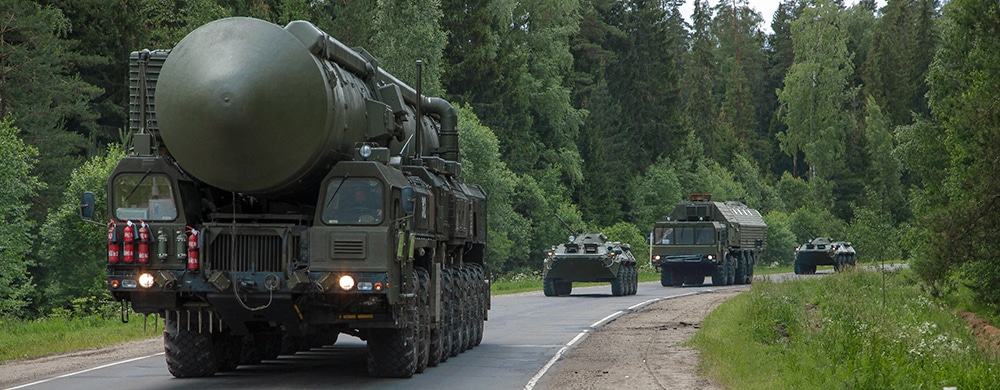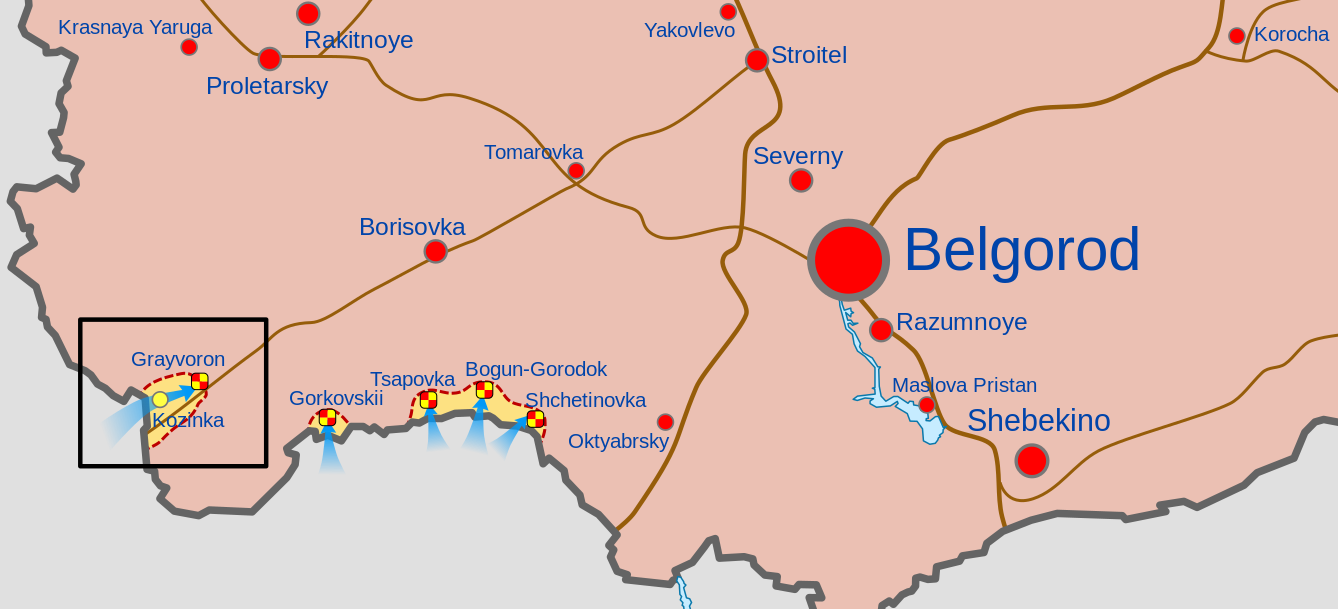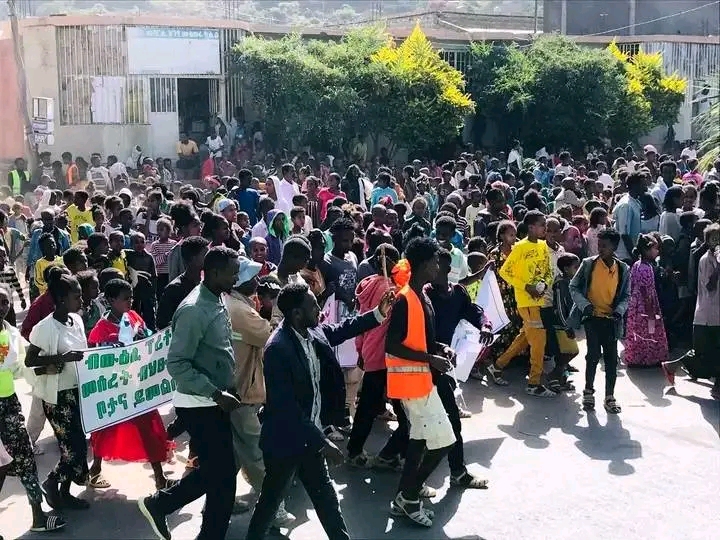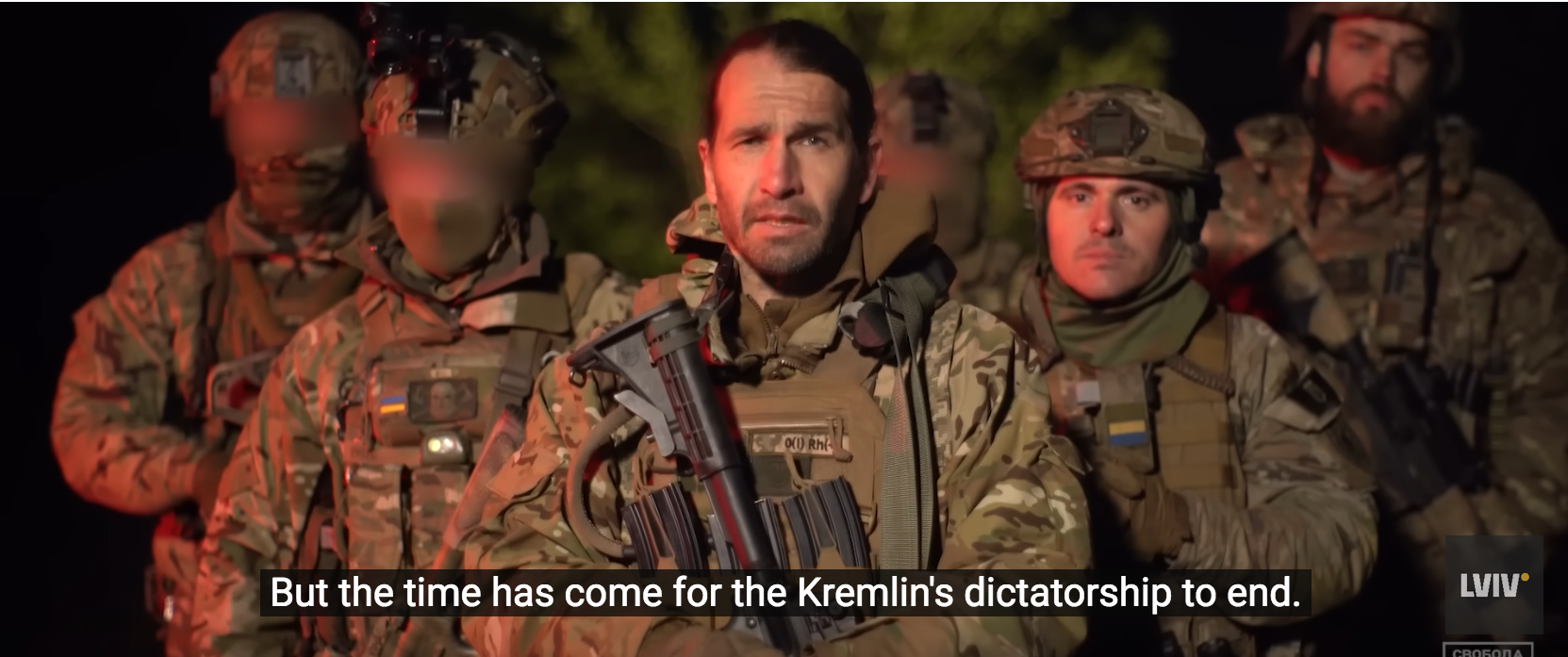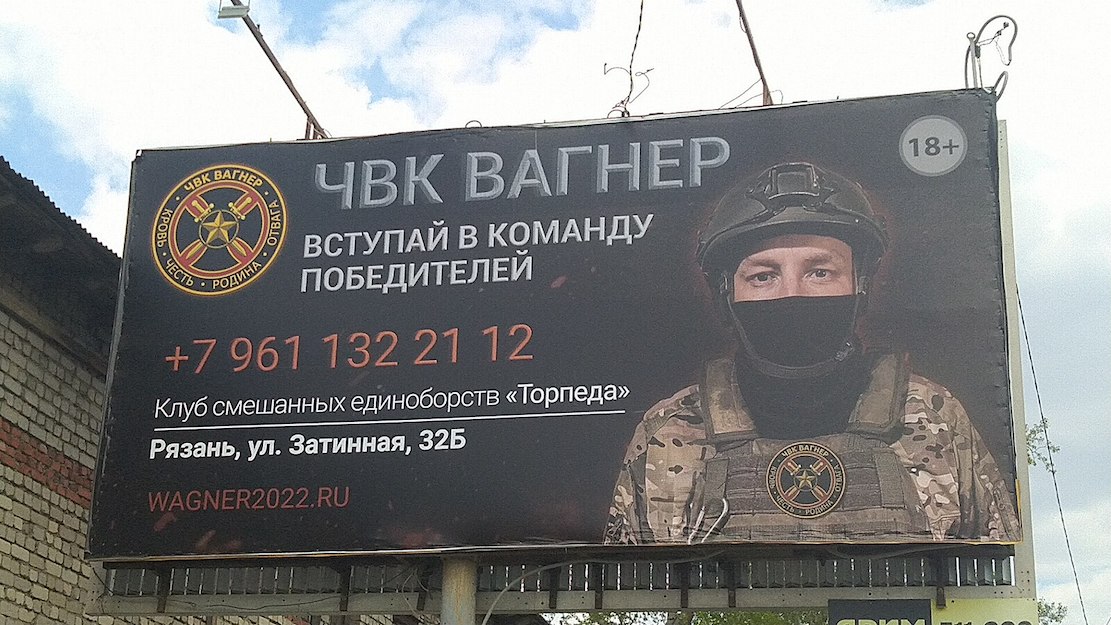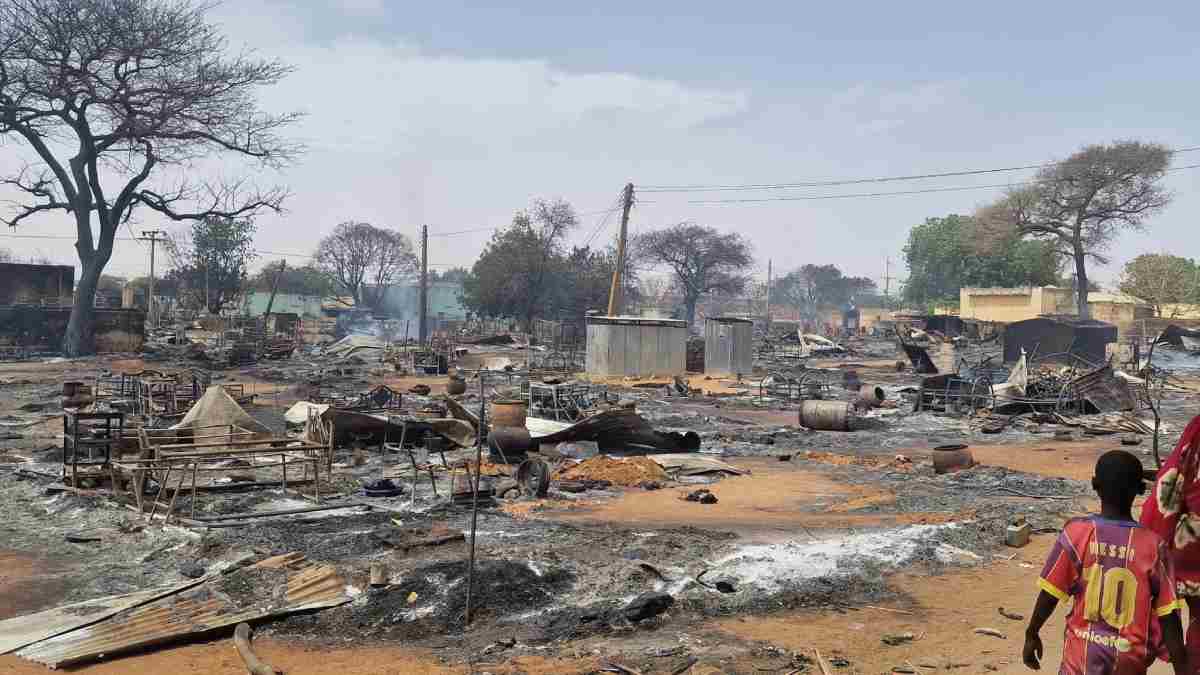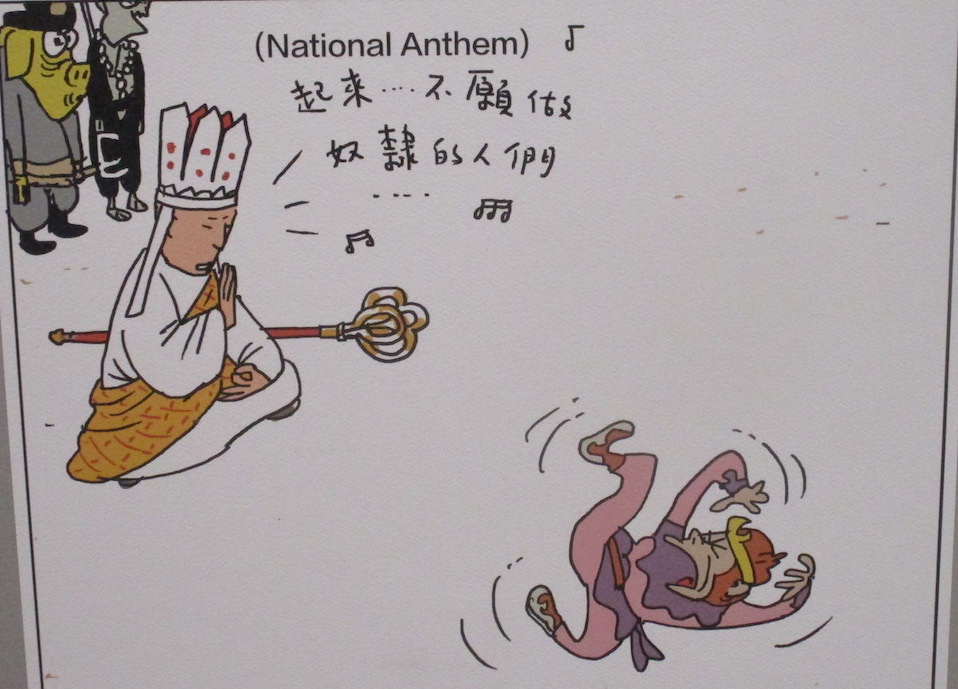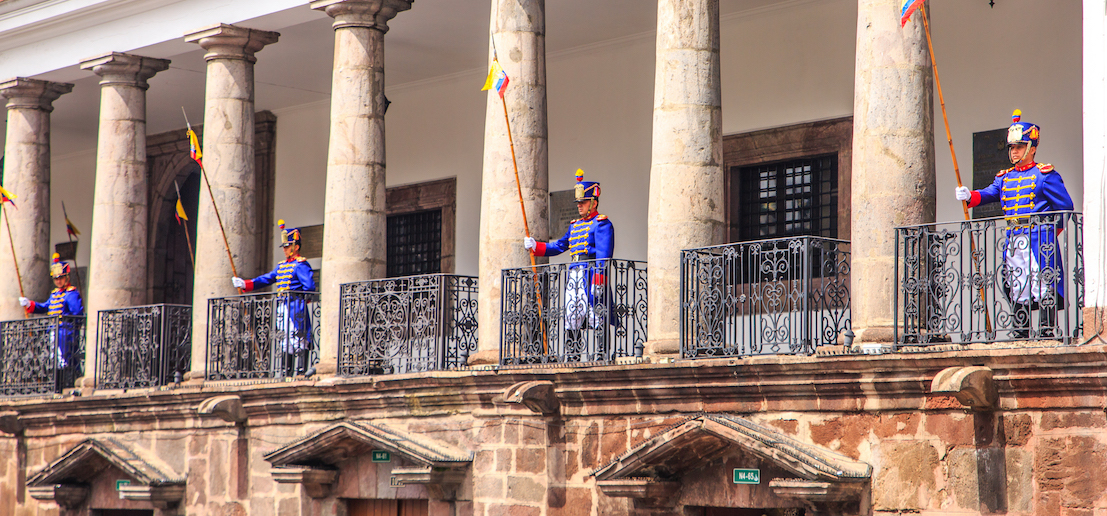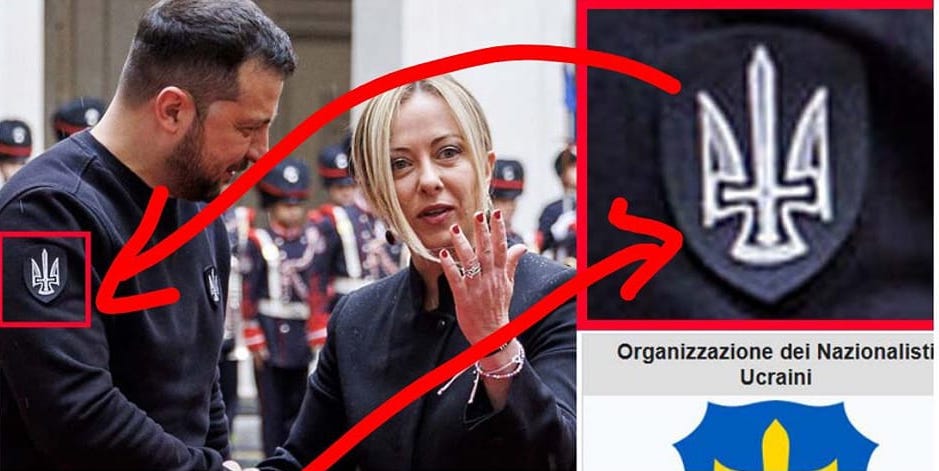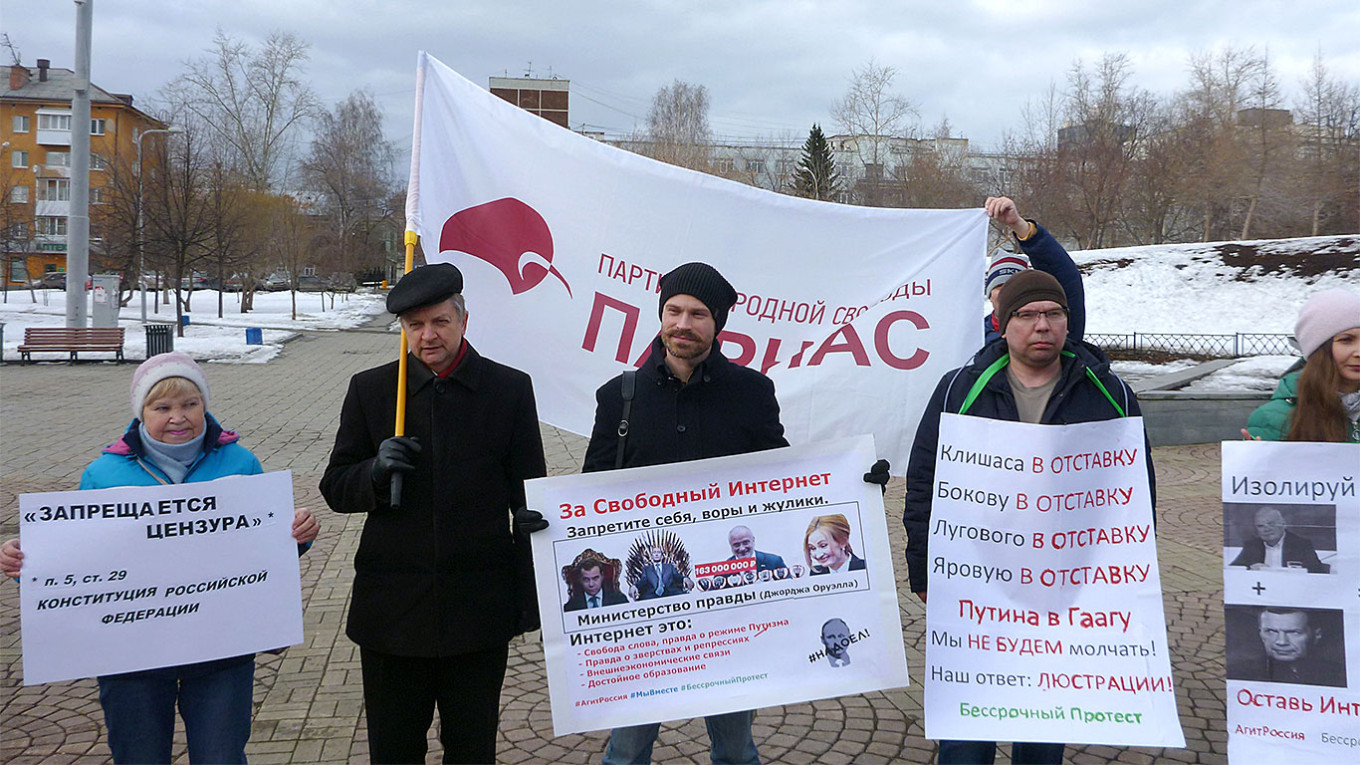
Russia liquidates country’s oldest opposition party
The Supreme Court of Russia ordered the liquidation of the People’s Freedom Party (PARNAS) at the request of the country’s justice ministry. The Ministry of Justice contended that the number of the party’s regional offices dropped by seven, from 47 to 40, and law requires parties to have representative offices in half of the regions of the Russian Federation. PARNAS leaders responded that the party still had 44 offices, and was only considered out of compliance with the law because the court counted Russian-occupied territories in Ukraine as Russian administrative regions. (Photo: PARNAS activists at a picket for free Internet in Yekaterinburg, 2019. Credit: Ivan Abaturov via Moscow Times)



